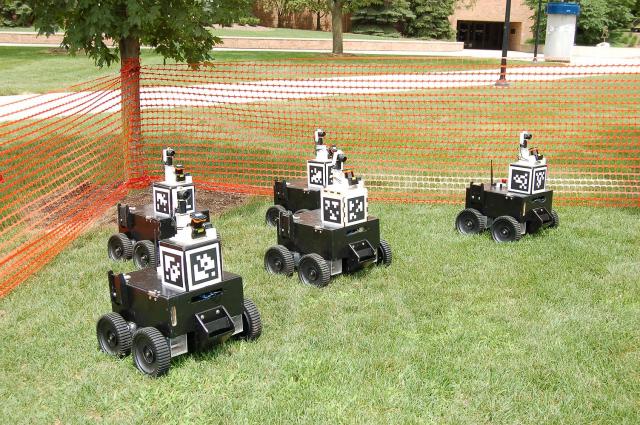Afghan and Australian forces continue to disrupt insurgent activities in southern Afghanistan, as the summer fighting season approaches.
Recent missions have removed thousands of kilograms of drugs, improvised explosive devices, weapons caches, explosives and four insurgent commanders.
Commanding Officer of Special Operations Task Group Lieutenant Colonel J, whose name cannot be used for security reasons, said force elements found and destroyed 1800kg of poppy seed, 340kg of opium, more than 4300kg of drug making chemicals as well as a significant amount of drug making equipment.
“The Afghan street value of drugs and drug making equipment destroyed was just over US$3 million which would have a value of more than US$125 million,” Lieutenant Colonel J said.
“These recent missions have degraded the insurgents’ ability to fight Afghan National Security Forces and the International Security Assistance Force (ISAF). The more narcotics operations we destroy the more we reduce the insurgents’ ability to fight, which makes this area of Afghanistan safer for everyone.”
Lieutenant Colonel J said insurgents fought hard to protect their drug labs and a senior insurgent commander was killed.
“The senior insurgent commander was an experienced improvised explosive device (IED) maker who also helped facilitate the movement of suicide bombers through Afghanistan to conduct attacks on Afghan National Security Forces and ISAF personnel.”
During that mission, one Australian soldier received minor wounds as a result of shrapnel from small arms fire.
Lieutenant Colonel J said the soldier was treated immediately by members of the force element and did not require an aero-medical evacuation. His family has been notified, and he is recovering well in Tarin Kot.
In a separate mission, Afghan National Security Forces killed an insurgent commander who was an improvised explosive device expert who had taught other insurgents how to make and emplace IEDs.
This follows recent SOTG and ANSF partnered operations which also removed another two insurgent commanders from Uruzgan Province. One commander was a known bomb facilitator who led attacks against Afghan Police checkpoints.
The second commander was believed to have been directly involved in rocket attacks on Multi National Base – Tarin Kot.
Chief of Joint Operations, Lieutenant General Ash Power, said Australian and Afghan forces had degraded insurgent lines of funding and equipment over recent months, lowering their morale and willingness to fight.
“Disruption of insurgent activities, materiel and command structures allowed Australian forces operating in Uruzgan to concentrate on mentoring and the expansion of security in the province.
“This security expansion encourages the delivery of governance and development to the more remote areas of Uruzgan,” Lieutenant General Power said.
“The Special Operations Task Group has had a number of successes while the Mentoring Task Force continues to enhance the Afghan National Army capability, demonstrated by locating improvised explosive devices and insurgent caches during recent operations.
“The complementary effects of these task forces’ success continue to bring a more secure future to the people of Uruzgan,” he said.
Press release
Ministerial Support and Public Affairs,
Department of Defence,
Canberra, Australia

 von
von 